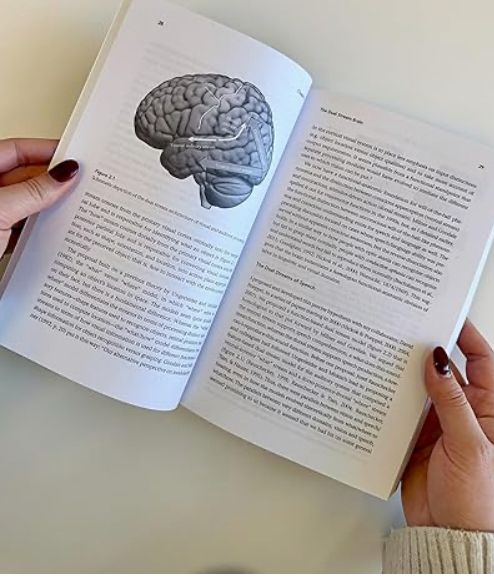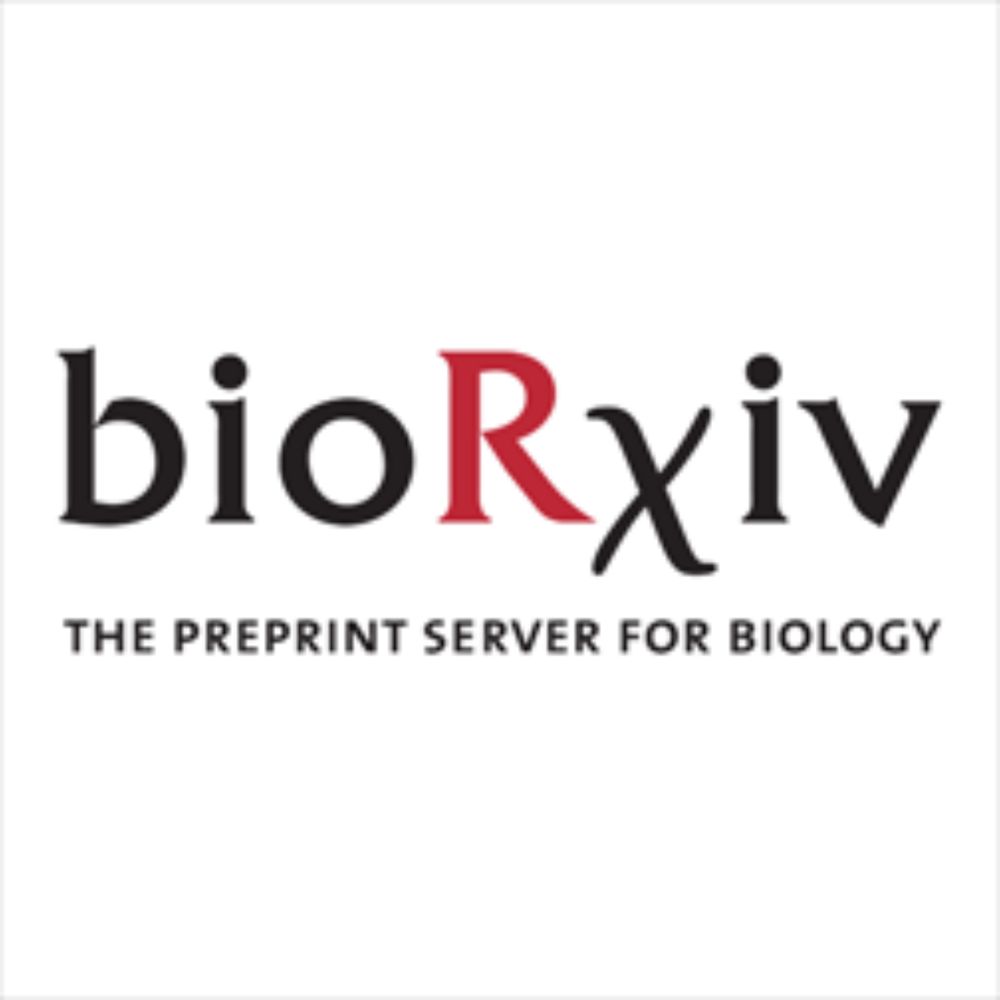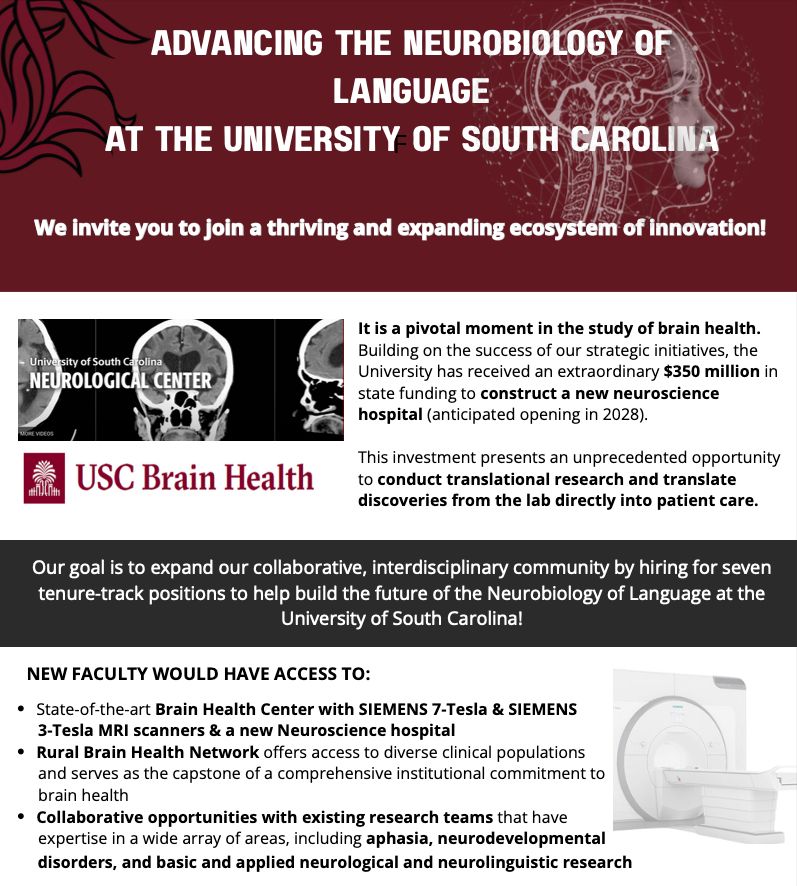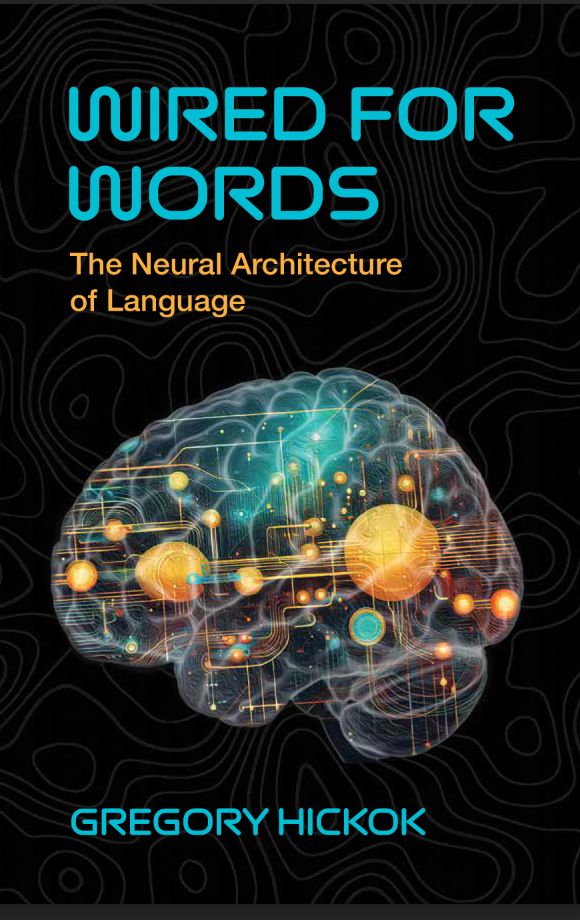



langneurosci.org/podcast/ep35
1/n

1/n

www.psychologytoday.com/us/blog/wire...

www.psychologytoday.com/us/blog/wire...
I'm very grateful to our patients, my co-authors and the funders. And to anyone who reads it :-) 🧠📈🧵👇(1/5)

I'm very grateful to our patients, my co-authors and the funders. And to anyone who reads it :-) 🧠📈🧵👇(1/5)
@mitpress.bsky.social
@mitpress.bsky.social
@mitpress.bsky.social Wired for Words: The Neural Architecture of Language. This one focuses on progress over the last 2.5 decades and summarizes some of the main takeaways, IMO. @psychtoday.bsky.social www.psychologytoday.com/us/blog/wire...

@mitpress.bsky.social Wired for Words: The Neural Architecture of Language. This one focuses on progress over the last 2.5 decades and summarizes some of the main takeaways, IMO. @psychtoday.bsky.social www.psychologytoday.com/us/blog/wire...

@ucirvine.bsky.social @uofcalifornia.bsky.social @jeremyyeaton.bsky.social @gregoryhickok.bsky.social

@psychtoday.bsky.social essay excerpted and adapted from Wired for Words: The Neural Architecture of Language, forthcoming this month @mitpress.bsky.social.
www.psychologytoday.com/us/blog/wire...
.

@psychtoday.bsky.social essay excerpted and adapted from Wired for Words: The Neural Architecture of Language, forthcoming this month @mitpress.bsky.social.
www.psychologytoday.com/us/blog/wire...
.

This post is on the ancient sensorimotor origins of language production networks.
www.psychologytoday.com/us/blog/wire...

This post is on the ancient sensorimotor origins of language production networks.
www.psychologytoday.com/us/blog/wire...
drive.google.com/file/d/18mc5...
drive.google.com/file/d/18mc5...

www.psychologytoday.com/us/blog/wire...

www.psychologytoday.com/us/blog/wire...


My own perspective is that while there is utility to LMs, the scientific insights are greatly overstated.
tinyurl.com/USC-Faculty-...
Positions in COMD, Psych, Linguistics, School of Medicine.
@snlmtg.bsky.social #SNL2025, we will have a booth.
w/@rutvikdesai.bsky.social @imb-uofsc.bsky.social

tinyurl.com/USC-Faculty-...
Positions in COMD, Psych, Linguistics, School of Medicine.
@snlmtg.bsky.social #SNL2025, we will have a booth.
w/@rutvikdesai.bsky.social @imb-uofsc.bsky.social
My latest essay on the neurology of syntax excerpted from Wired for Words my forthcoming book published by
@mitpress.bsky.social
www.psychologytoday.com/us/blog/wire...

My latest essay on the neurology of syntax excerpted from Wired for Words my forthcoming book published by
@mitpress.bsky.social
www.psychologytoday.com/us/blog/wire...
www.nature.com/articles/s41...

www.nature.com/articles/s41...


